What are the alternatives to HRT? Two doctors weigh in to reveal the real options
We speak to two menopause specialists about alternatives to HRT and what you need to know about them before making a decision
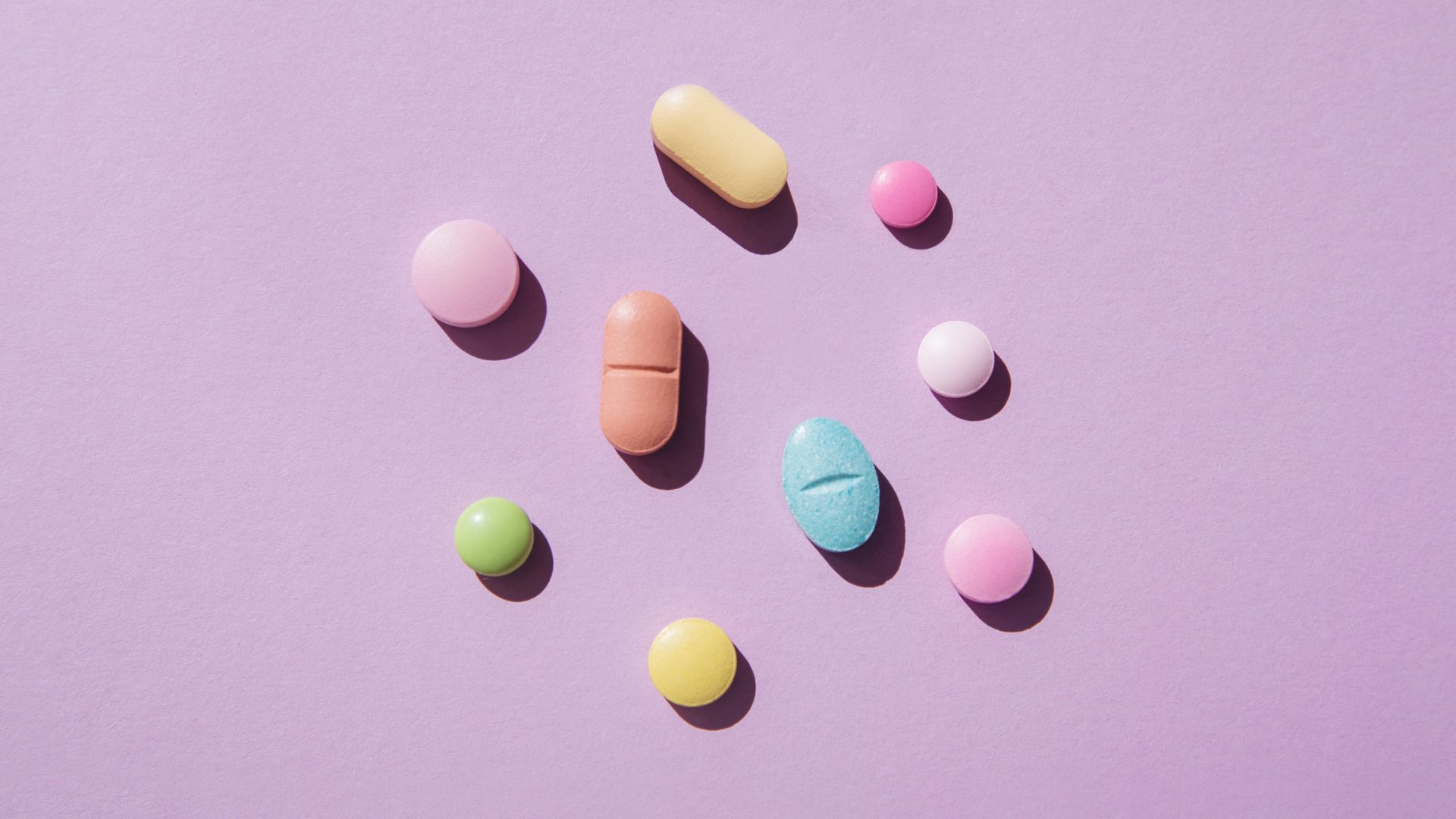

If you looking for alternatives to HRT, you're not the only one. Whether by choice or contraindication, hormone replacement therapy isn't for everyone going through menopause.
Hormone replacement therapy - more commonly known by its acronym 'HRT' - is one of the go-to treatment options for difficult menopause symptoms. It's been proven to ease issues like hot flushes, night sweats, insomnia, mood swings, and vaginal dryness, and it's suitable for most people in perimenopause with benefits and risks just like anything else.
However, some people choose not to take HRT for personal reasons. Others are unable to have it because of certain medical conditions. Luckily, there are realistic and doctor-approved alternatives. Whether you're in perimenopause and curious about other options or you're looking to stop taking HRT and wondering what else is out there, the experts recommend assessing your options and speaking to your doctor before making a decision.
Can you manage menopause without HRT?
Yes, some women find it entirely possible to manage difficult symptoms of menopause without hormone replacement therapy (HRT), finding that other medicines - such as anti-depressants and anti-seizure medication - and lifestyle changes can help reduce physical symptoms like hot flushes, menopause-induced insomnia, and aches and pains.
"There seems to be this idea at the moment that it's HRT or nothing and because of that, lots of women don't know there are other things and so don't come forward," says Dr Philipa Kaye, a GP and women's health specialist. "It's really important to talk about all the options, for whatever reason, you don't want to or can't have HRT."
Dr Louise Newson, a leading medical expert on menopause and hormones, agrees. "Taking HRT is an individual decision and all women should be central to the decision-making process," she says.
Alternative medications can target areas of the body linked to individual symptoms, such as the brain for menopausal anxiety and low mood. These alternative medicines are not a catch-all approach though, says Dr Kaye, whose book The Science of Menopause is out now. Neither are lifestyle changes. "It's never, in my opinion, lifestyle or medicine. It's always lifestyle and medicine. It should never be one or the other," she says.
Sign up for the woman&home newsletter
Sign up to our free daily email for the latest royal and entertainment news, interesting opinion, expert advice on styling and beauty trends, and no-nonsense guides to the health and wellness questions you want answered.
However, HRT remains the "only medical treatment proven to effectively manage symptoms by directly addressing the decline in hormone levels," says Dr Newson.
For some, finding the best alternatives to HRT will be a triple or quadruple-thronged approach - like doing more exercise and drinking less alcohol, as well as taking medications like SSRIs (antidepressants).

Dr Philippa Kaye is a GP, presenter and author. She studied medicine at Downing College, Cambridge, followed by Guy’s, King’s, and St Thomas’ medical schools, and currently works in general practice. She has appeared regularly on Sky and Channel 5 News, This Morning (ITV), BBC Radio London, Woman's House, LBC, Radio 5 Live. She is the medical expert for magazines That’s Life, and My Weekly Special, and regularly writes for the national press. She is the author of a number of books including Breasts: An Owner's Guide, The M Word: Everything You Need to Know About the Menopause, and Doctors Get Cancer Too.
Alternatives to HRT
1. Lifestyle changes
There is growing evidence alongside expert opinion that suggests how we live our lives can have a serious impact on how severe we find menopause to be. In fact, several recent studies (by the University of San Diego and Wroclaw University of Health) have found that exercising regularly and eating healthily can alleviate many symptoms and improve quality of life.
"Exercise decreases the number of flushes and sweats you have and the number of times you might wake up during the night because of these," explains Dr Kaye. "And if you don't do any exercise, to begin with, it might make your symptoms worse, it has a huge benefit. Not just for your symptoms but also for decreasing the risk of osteoporosis in the long term."
Some exercises that can help with menopause symptoms include low-impact options like yoga, Pilates, and walking, as these will be gentler on the bones and joints than workouts like running. Strength training for women is also important to help maintain the muscle mass lost when oestrogen begins to decline as well as reduce the risk of osteoporosis.
Equally, diet is important. "Eating a balanced diet rich in fruits, vegetables, whole grains, and lean proteins can contribute to overall wellbeing and improved health," says Dr Newson, who is also the founder of balance. "A Mediterranean diet, for instance, is often recommended for its benefits."
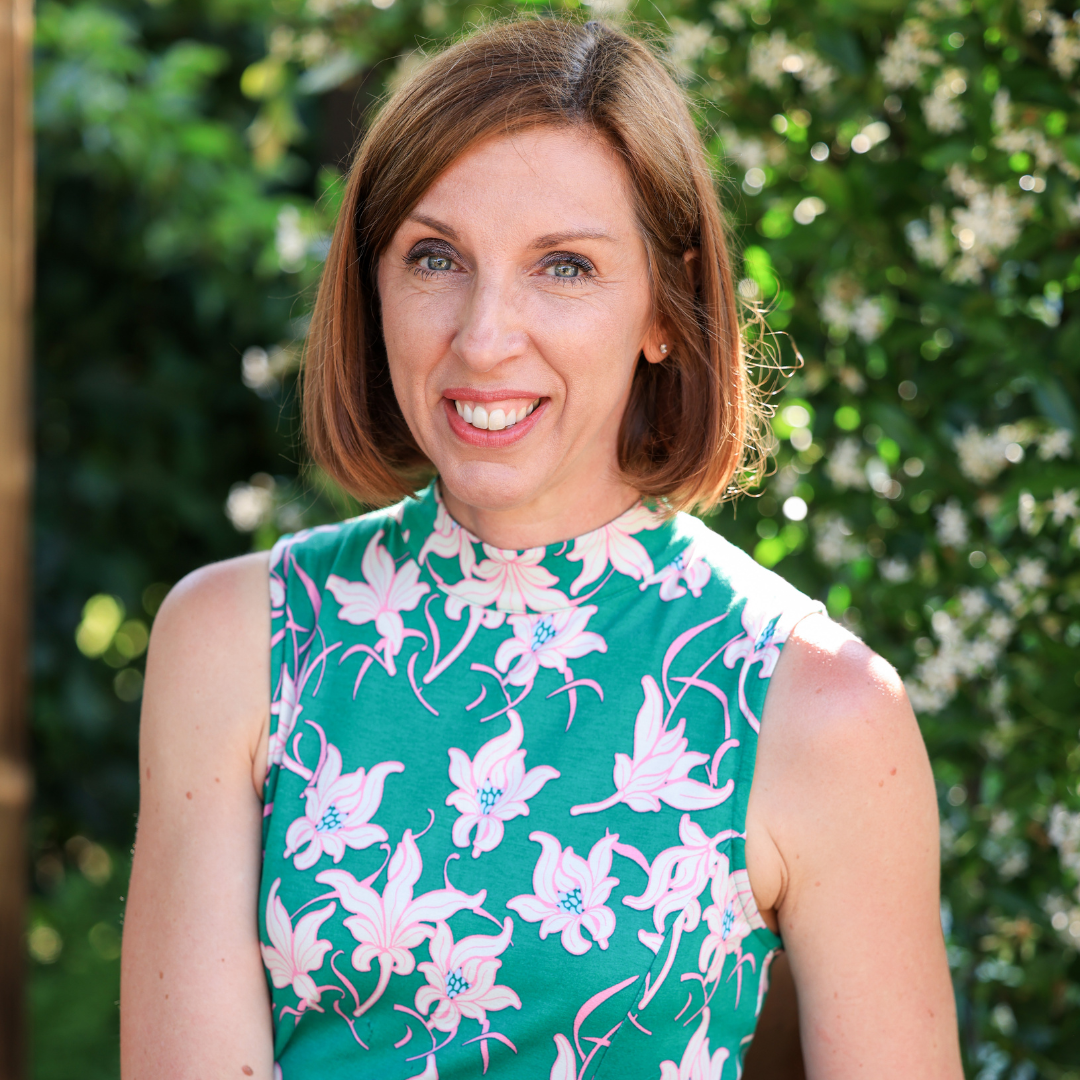
Dr Louise Newson BSc(Hons) MBChB(Hons) MRCP FRCGP is a GP, menopause specialist and a member of the UK Government’s Menopause Taskforce. She is passionate about increasing awareness and knowledge of perimenopause and menopause, and campaigns for better menopause care for all women. She founded the free, award-winning balance menopause support app and the balance-menopause website.
Dr Louise Newson's theatre tour continues on Friday 18 October, with tickets available at venues around the UK.
These benefits are something that Kate Rowe-Ham - a personal trainer and the founder of Own Your Menopause - found herself after HRT wasn't as effective as she'd hoped it would be. "It wasn't until I quit alcohol, started lifting weights and eating three protein-rich meals a day that things began to change," she tells woman&home. "I found that strength training helped manage my anxiety because I was doing far too much HIIT, which was further stressing my body in an already stressed, inflamed environment. It also helped relieve many of my joint aches and pains."
Along with regular exercise, Kate opts for supplements to help manage her symptoms - including magnesium, vitamin D and K3, omegas, creatine, collagen, zinc, and vitamin C. "I believe these help me but it's important to do your own research," she says. "The supplement market is a multi-billion industry and you don't need to be spending money on supplements with false claims."
As with any major lifestyle changes, it's important to talk to your doctor before changing your diet, exercise routine, or taking any new supplements.
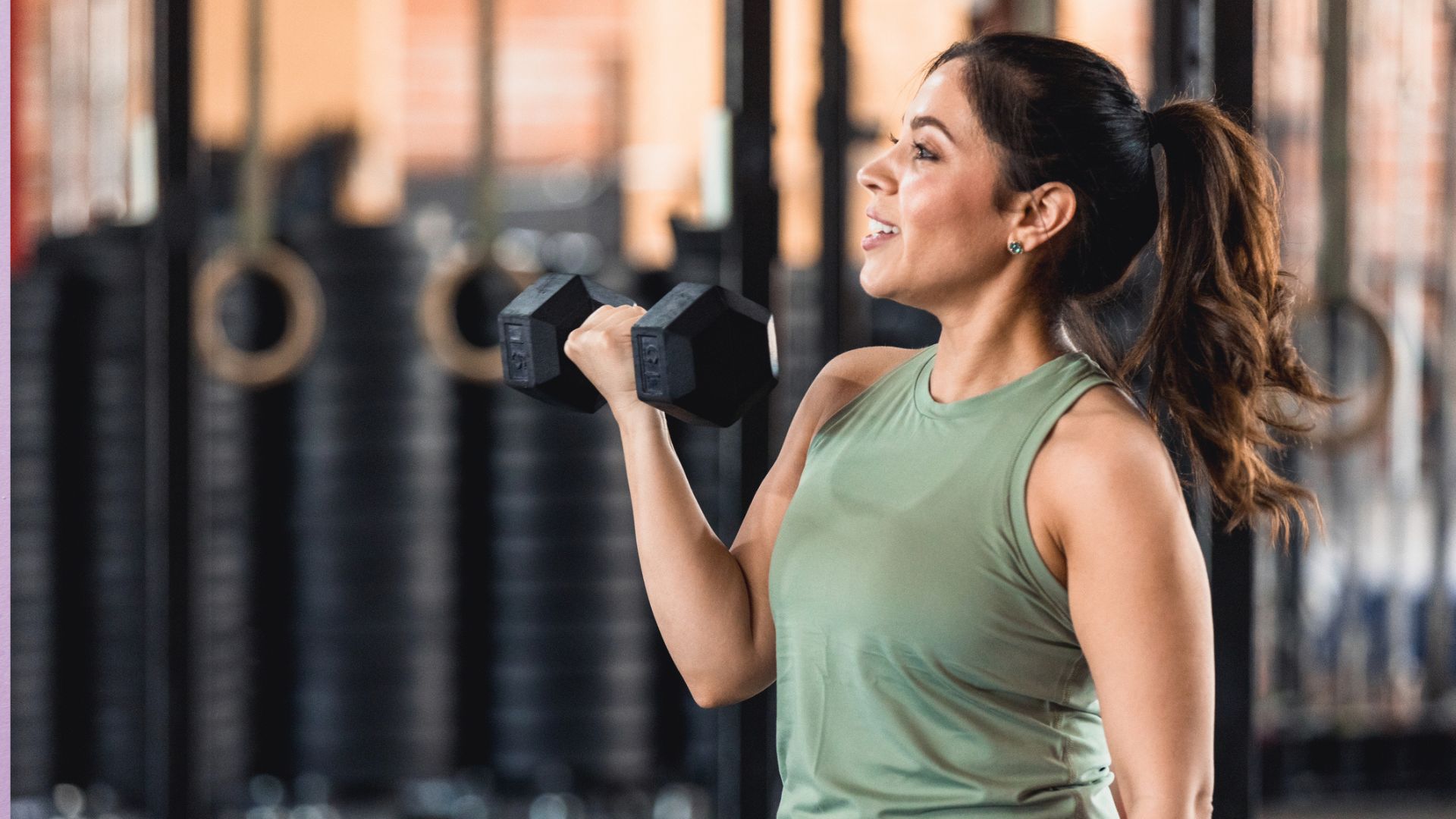
Strength training is one of the most useful exercises in menopause as it can help maintain muscle mass lost oestrogen decline.
2. Anti-depressants and anti-seizure medication
"There are medicines like antidepressants and anti-seizure medicines which are used to treat menopause symptoms - and that does not mean that I think that you're depressed or have epilepsy," says Dr Kaye. "They're just medicines we can use and so we use them."
Typical medicines used in this case are antidepressants like SSRIs (such as Citalopram and Sertraline) and SNRIs (such as Duloxetine and Desvenlafaxine), and anti-seizure medicines such as Gabapentin.
"It's important to have the conversation about how just because a medicine is not necessarily initially licensed for something doesn't mean we don't have evidence of use for it," says Dr Kaye. "So, for example, those anti-seizure medicines. We use Gabapentin for migraines and nerve pain [outside of epilepsy], as well as for menopause. For those going through menopause, we can use these medicines for flushes, sweats, insomnia, aches and pains, and it reduces hot flushes in about half of people."
When it comes to anti-depressants, the doctor says that SSRIs and SNRIs are used to treat vasomotor symptoms (i.e. they can help calm hot flushes and night sweats), mood and anxiety symptoms. "They can be 20 to 60% effective," she adds.
3. Medication for overactive bladders
"We also have medicines which are used to treat an overactive bladder, something called Oxybutynin, and that works for hot flushes and sweats," says Dr Kaye.
Available as a patch or tablet, Oxybutynin is effective for treating menopause symptoms in up to 40% of women who take it, per guidance by King Edward Memorial Hospital.
4. CBT
Cognitive behavioural therapy (CBT) for menopause is a specialist talking therapy, available on the NHS or privately, that challenges how our thoughts and behaviours interact.
"It's always been part of the NICE guidance [evidence-based recommendations for health and care in England and Wales] and in the new draft guidance, it was brought up into higher prominence," says Dr Kaye. "It works not just for psychological symptoms, but it can work for physical symptoms like hot flashes too."
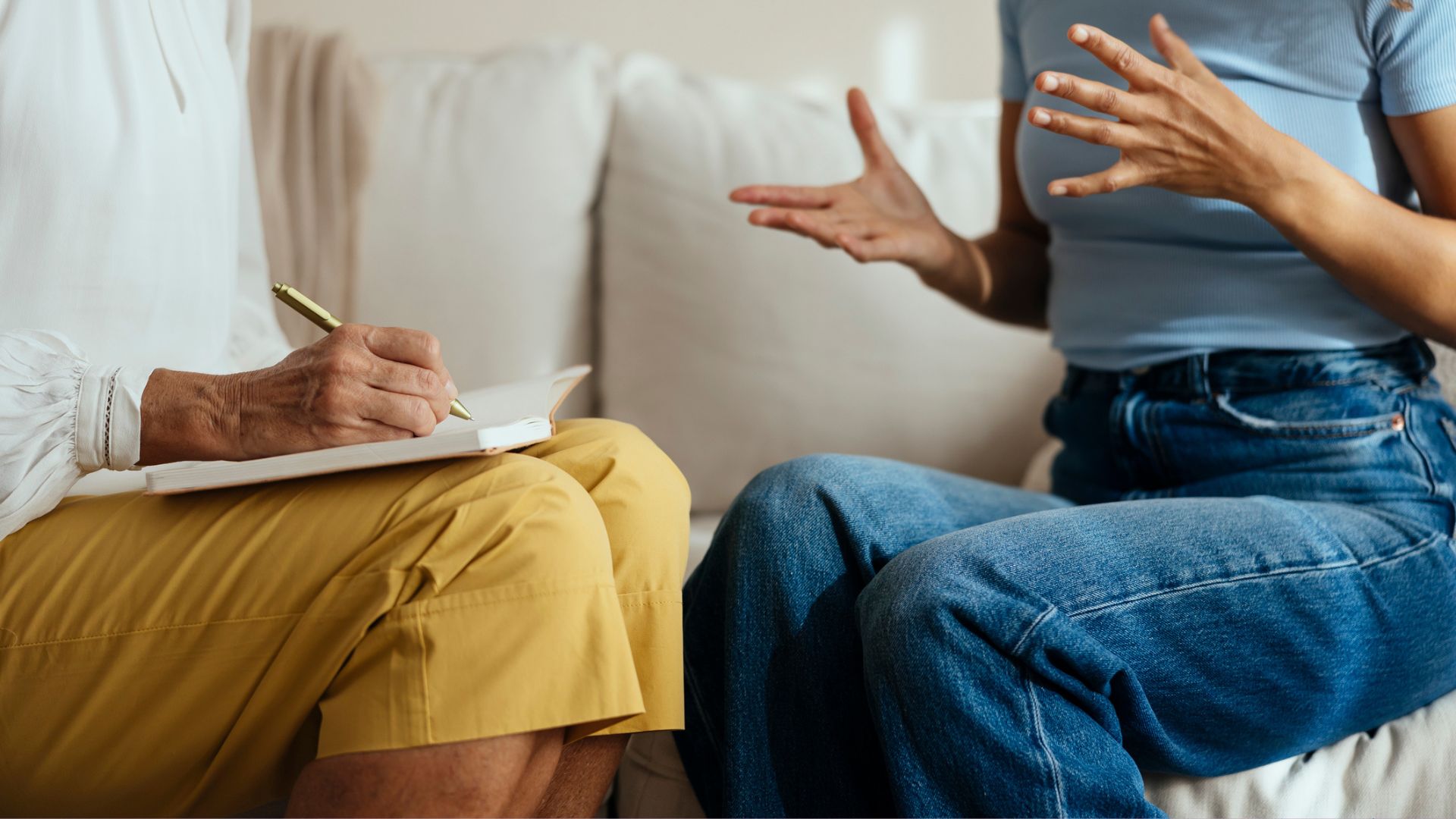
Cognitive behavioural therapy (CBT) can be a useful and effective treatment option, either instead of or in combination with HRT.
5. Fezolinetant
Fezolinetant is a brand new drug, approved for use in the UK late last year - but it's an exciting one and unique in the list of alternatives to HRT, says Dr Kaye, as it's specifically designed to treat hot flushes.
"It also tells us something about how hot flushes happen," she says. "There's this chemical called neurokinin B. Together with oestrogen, it works in the thermoregulatory centre of the brain - the part that tells you if you're too hot or too cold. As you go through menopause and the oestrogen levels fall, the balance of the two chemicals goes out of whack. That's what we think leads to hot flushes. When you block the receptors for that neurokinin B, you can stop the hot flushes."
That's the hope for this drug. While it's now available in the UK, it's only available via private prescription.
6. Herbal remedies
While there is plenty of evidence for the use of other alternatives to HRT and lifestyle changes for the treatment of menopause, the same can't be said for herbal remedies. "The truth is, we just don't know enough about that area of health. We need to know a lot more. We need to research if that's what women want," says Dr Kaye.
Evening primrose oil, black cohosh, St. John's wort, acupuncture, and massage have all been suggested over the years as possible natural remedies for difficult menopause symptoms. But while they may work for some, there's simply not enough evidence to suggest they are a viable alternative to HRT.
"It's really difficult for herbal medicines to get the kind of data that I'm looking for - the randomised control trial data, which is double-blind, comparing it to medicines, and so on," says Dr Kaye. "The placebo effect is also very real - so real that it can make a difference when you know you're taking the placebo. It's fascinating."
Some can also do more harm than good. "Black cohosh, for example. There is some evidence that it might help with flushes and sweats, but not with symptoms like anxiety and mood. But importantly, if you've had breast cancer or liver disease, you need to avoid it," she says.
"Just because something is natural doesn't automatically mean that it's safe, and if it's going to work, then there might be an active ingredient in there that might interact with another medication you take or a condition you have. And so we need to know about it."
If you are considering any alternatives to HRT, always speak to your doctor first.

Grace Walsh is woman&home's Health Channel Editor, working across the areas of fitness, nutrition, sleep, mental health, relationships, and sex. She is also a qualified fitness instructor. In 2025, she will be taking on her third marathon in Brighton, completing her first ultra marathon, and qualifying as a certified personal trainer and nutrition coach.
A digital journalist with over seven years experience as a writer and editor for UK publications, Grace has covered (almost) everything in the world of health and wellbeing with bylines in Cosmopolitan, Red, The i Paper, GoodtoKnow, and more.
-
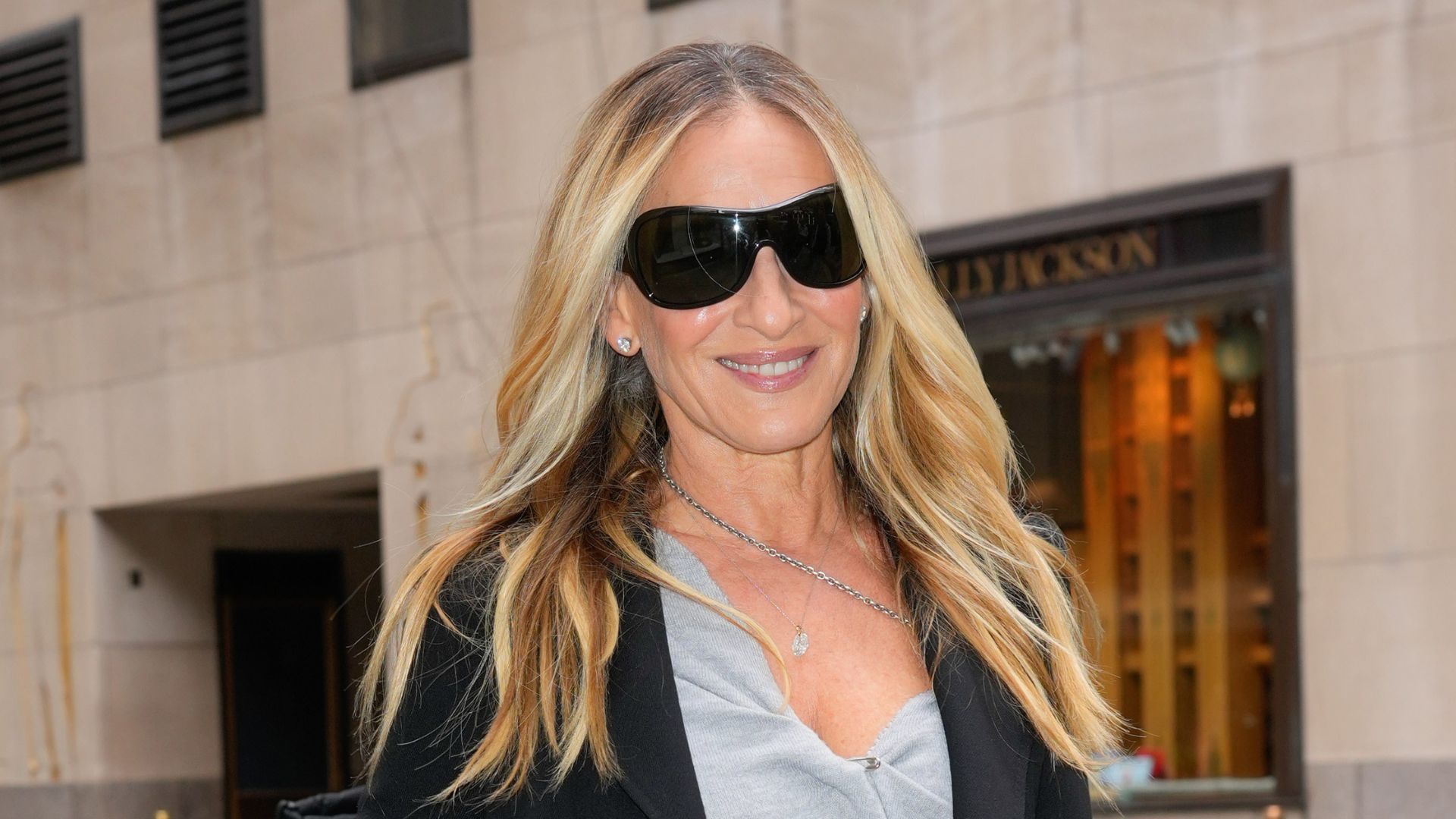 Sarah Jessica Parker just gave her skinny jeans a surprising spring update and the result has us reaching for this outfit combination
Sarah Jessica Parker just gave her skinny jeans a surprising spring update and the result has us reaching for this outfit combinationSarah Jessica Parker shows us how to update jeans to wear them throughout spring with one simple styling trick
By Rivkie Baum
-
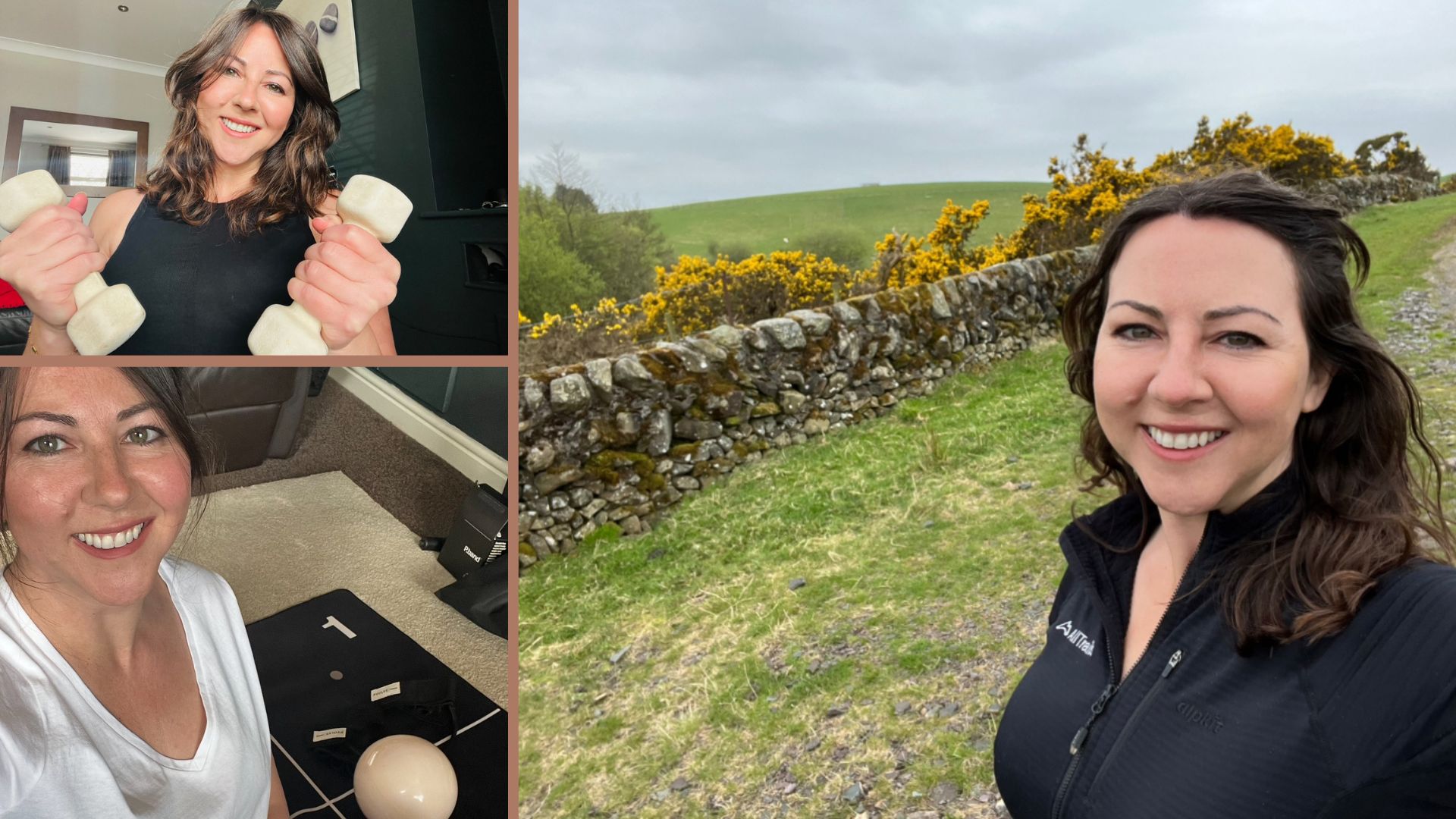 My confidence 'soared' after I tried the 3-2-1 workout method - here's how it revolutionised my routine
My confidence 'soared' after I tried the 3-2-1 workout method - here's how it revolutionised my routineFor the past two weeks, I have been doing the 3-2-1 workout method to boost my fitness, flexibility, and strength
By Susan Griffin